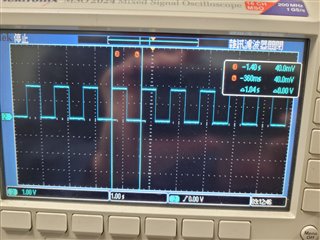Tool/software:
Hi Expers.
I'm trying to use WKUP_GPIO0_34 pin on MCU2_0 for interrupt callback.
I start from the PDK gpio led_blank sample.
Adding GPIO_CFG_IN_INT_BOTH_EDGES flag in gpioPinConfigs[].
The GPIO_Read(0) can return the high/low level change and GPIO_enableInt(0) is called,
but my callback function is executed.
Is there any sample code and document that I can reference?


